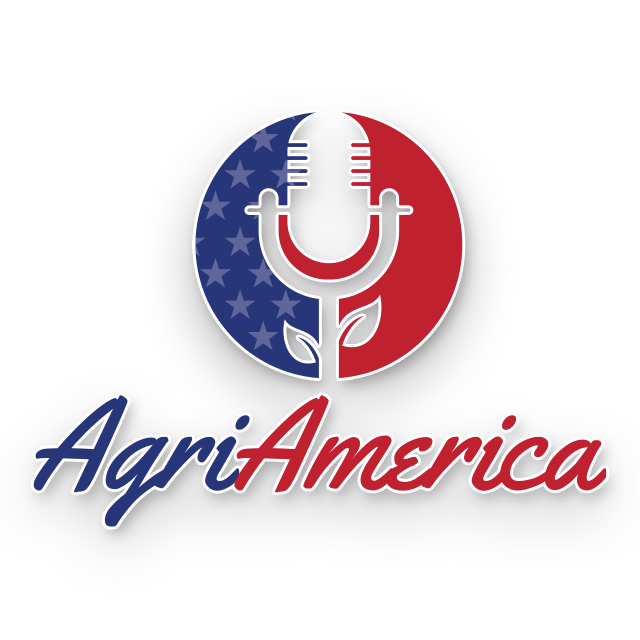Gene Editing and Angus: A New Way to Solve Old Problems?
Gene editing. What might sound like exciting possibilities to some cattlemen can seem like science fiction to others.
Is gene editing the same as a genetically modified organism (GMO)? Is the technology already being used today? What problems could it help us solve and what cautions do we have?
The American Angus Association has adopted rules for how a gene-edited animal would make it into the breed registry, but there are still a lot of unanswered questions and discussions to have. This conversation with geneticists Larry Kuehn and Maci Mueller helps unpack those.
GUESTS:
Larry Kuehn was raised on a diversified (cow-calf, feedlot, grain, hay) farm near Heartwell, Neb. He received a bachelor’s degree in animal science from the University of Nebraska, a master’s in animal breeding from Colorado State University, and a doctorate in animal breeding from Virginia Polytechnic Institute and State University.
He was hired as a postdoctoral research associate at the USDA, ARS, U.S. Meat Animal Research Center (USMARC) in 2006 and as a permanent research geneticist that same year. He served as the research leader for the Genetics and Animal Breeding Research unit at USMARC. Kuehn is a co-leader of the USMARC Germplasm Evaluation (GPE) program. In this role, he coordinates the sampling and mating of industry representative sires from 18 beef breed associations and the subsequent phenotyping of offspring for economically relevant traits. Kuehn uses results from this program to produce yearly updates to the across-breed expected progeny difference (EPD) adjustment factors; this analysis provides up-to-date estimates of breed differences for EPD measured growth and carcass traits in 18 breeds of beef cattle. The GPE population is also the primary beef resource for genomic discovery at USMARC and has been extensively genotyped with high-density marker arrays.
Maci Mueller is completing her doctorate in livestock genomics and biotechnology at the University of California, Davis where she is working with Alison Van Eenennaam. Mueller is originally from Princeton, Neb., where she was actively involved in her family’s first-generation seedstock operation, Lienetics Angus Ranch. This experience was instrumental in developing her career goal of becoming an animal geneticist. She earned her bachelor’s in animal science with a political science minor from the University of Nebraska-Lincoln and her master’s in animal biology from UC Davis.
Maci’s graduate research is focused on the application of genetic-based biotechnology, specifically gene editing, to improve livestock production. Maci is passionate about effective science communication and is driven to provide research and education to expand the availability and application of genetic-based biotechnologies in livestock production systems to improve animal health and welfare and production efficiency.
Related Reading:
Copy, Replace and Delete: https://www.angusjournal.net/post/copy-replace-delete
The Showring, the Microscope and the Angus Cow: https://www.angusjournal.net/post/the-showring-the-microscope-and-the-angus-cow
Don't miss news in the Angus breed. Visit www.AngusJournal.net and subscribe to the AJ Daily e-newsletter and our monthly magazine, the Angus Journal.
